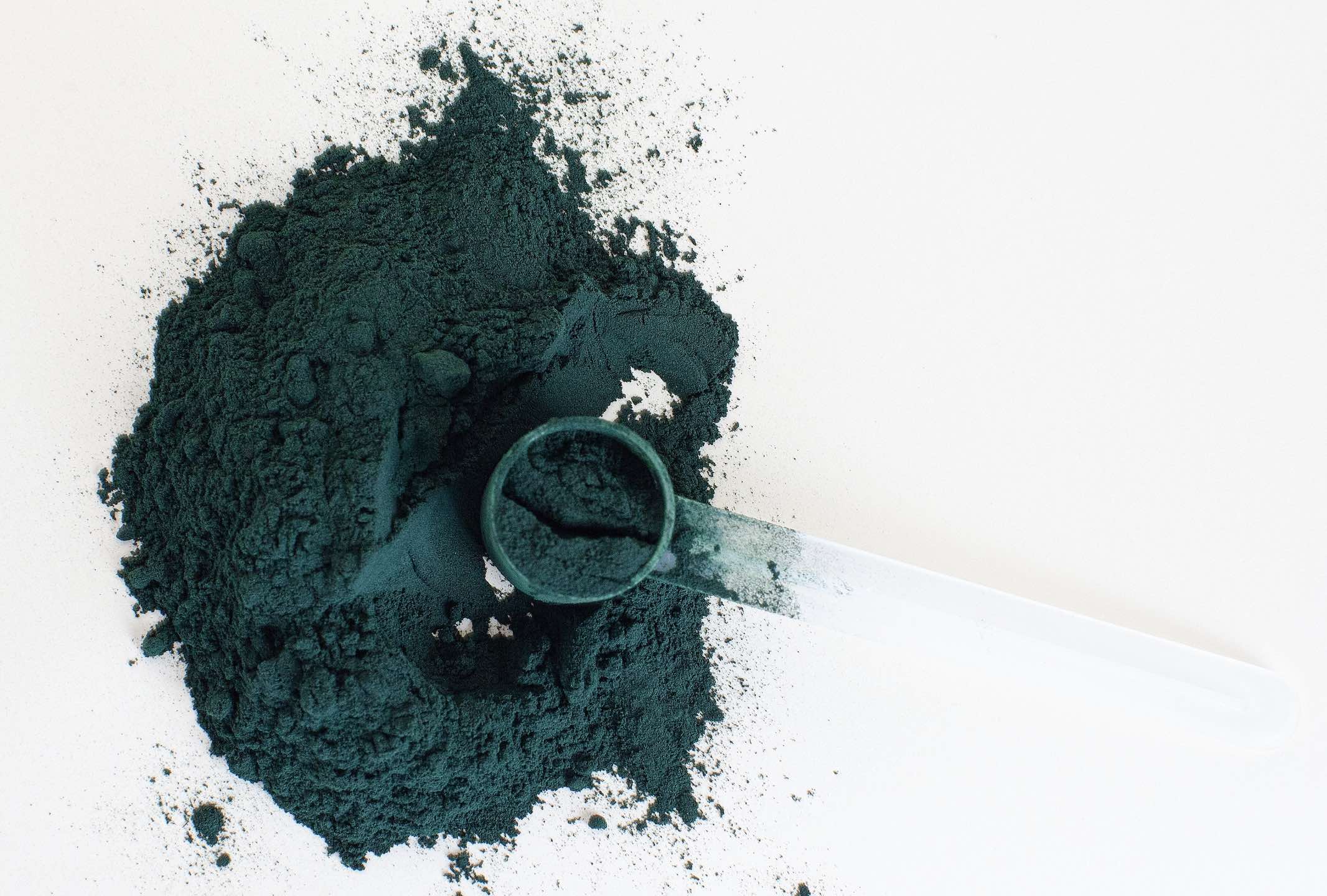Spirulina: the nutrient-packed superfood you need to know about
Spirulina is a type of blue-green algae that has been consumed for centuries as a source of food and medicine. In recent years, spirulina has gained popularity as a superfood due to its high nutrient content and potential health benefits. In this article, we will explore what spirulina is, its nutritional profile, and the health benefits it may offer.
What is spirulina?
Spirulina is a type of cyanobacterium, a type of photosynthetic bacteria that is found in both fresh and salt water. It is known for its high protein content, as well as its vitamins and minerals, making it a nutrient-dense food source. Spirulina is often consumed in the form of dietary supplements, either in capsule or powder form.
Nutritional profile of spirulina
Spirulina is a true powerhouse of nutrition. It is an excellent source of protein, with up to 70% of its dry weight made up of protein. This is higher than most other plant-based protein sources and is comparable to the protein content of beef. Spirulina is also rich in vitamins, including B vitamins, vitamin K, and vitamin E, as well as minerals such as iron, calcium, and magnesium.
In addition to its high nutrient content, spirulina is also a source of antioxidants and phycocyanins, which are pigments that give spirulina its blue-green color. Antioxidants help to protect cells from damage caused by free radicals, while phycocyanins have been shown to have anti-inflammatory properties and to improve gut health.
Health benefits of spirulina
Spirulina has been studied for its potential health benefits and has been shown to offer a range of benefits for the body. Some of the most promising benefits of spirulina include:
- Boosting the Immune System: Spirulina has been shown to boost the immune system, helping the body to fight off infections and disease.
- Improving Gut Health: Spirulina has been shown to improve gut health by promoting the growth of beneficial bacteria in the gut. This can help to improve digestion and reduce the risk of digestive issues.
- Lowering Cholesterol: Studies have shown that spirulina can help to lower cholesterol levels, reducing the risk of heart disease.
- Improving Muscle Endurance: Spirulina has been shown to improve muscle endurance and reduce fatigue, making it a popular supplement among athletes.
- Reducing Inflammation: The antioxidants and phycocyanins found in spirulina have been shown to reduce inflammation in the body, reducing the risk of chronic diseases such as heart disease and cancer.
- Supporting Weight Loss: Spirulina has been shown to support weight loss, as it can help to reduce appetite and increase feelings of fullness.
- Reducing Symptoms of Anemia: Spirulina is a rich source of iron, making it a great supplement for those who are at risk of developing anemia.
How to incorporate spirulina into your diet
Spirulina can be incorporated into your diet in a variety of ways. It is available in capsule and powder form, and can be added to smoothies, juices, and soups. It can also be used as a seasoning or sprinkled over salads and other dishes.
It is important to note that spirulina supplements should be sourced from a reputable supplier, as some spirulina products may be contaminated with heavy metals or other toxins
Do you want to know more about nutritional supplements and how they can help you feel and stay healthy and fit? Then please contact me. I’ll be happy to help you!
–
You can’t control everything in your life
But you can control
what you put in your body

